
Updated: May 15, 2009, 5:00 PM ET
An appreciation: Tisdale was terrific
By Mark Kreidler
Special to ESPN.com
In a perfect world, Wayman Tisdale would have been an NBA superstar, if for no other reason than that he epitomized just about every characteristic fans claim to crave in their sports idols.
He was immensely talented. He worked hard. He was humble to an almost cartoonish fault. He had fun. He didn't equate "smile" with "competitive surrender." He took his game seriously; himself not so much. And win or lose, he had time to visit with the people who paid the freight. A more fan-friendly pro you won't find.
Icon SMI
Nearly 25 years ago, Wayman Tisdale made Oklahoma into a basketball school, too.
Alas, Tisdale had two things going against him in the big leagues. First, he was a classic 'tweener, a purported 6-foot-9 power forward who actually stood about 6-7½. Second, he played on some seriously awful NBA teams. It's hard to reach the promised land while toiling on squads that average 31 wins a season, as Tisdale's teams did during his 12-year career.
If you're going to truly appreciate Tisdale, then you've got to dig a little deeper. Fortunately, the life of Wayman, who died Friday at age 44 after a long battle with cancer, makes that part easy.
Though you'd have a hard time selling the concept to today's jaded sports fandom, Tisdale was an absolute rock star in college, a player on the cutting edge of modern fame. His three-year career at the University of Oklahoma, from 1982 to 1985, was uninterrupted white-noise adulation. It baptized the greatest era of basketball in Big Eight (now Big 12) Conference history, and it made the sport relevant in a place -- Norman, Okla. -- where only football had ever mattered in even the slightest way.
Tisdale was good for all of it. He was that wonderful. His college game was a pure delight: The left-hander had a quick-release short jumper that was basically impossible to defend, and he used his big booty to burrow into the lane and take an easy turnaround basket off the glass any time an opponent was foolish enough to single-cover him.
When a coach from Texas-San Antonio tried man-to-man defense on Tisdale in 1983, his ensuing 61-point scoring barrage eclipsed Wilt Chamberlain's Big Eight record (the mark still stands). Tisdale scored, then smiled, then kept on scoring, and that's how it went most of the time. He was so magnetic, so outsized as a personality, that TV cameras were reflexively drawn to him, and because of that the Big Eight finally established a television market for its basketball games.
Looking back on his biggest rebound
In 2008, Anna K. Clemmons of ESPN The Magazine chronicled Wayman Tisdale's journey back to health and happiness. Story
• Chat: Tisdale in '08
• NewsChannel 8 in Tulsa on Tisdale
At the same time, Tisdale's humility and grounded nature took the college world by storm. The Tulsa native had virtually no ego beyond his obvious love of the offensive game. He never shied from his religious nature (his father was a minister), yet he never beat anyone over the head about it. Tisdale believed quite completely that his most effective witness was his own life.
Difficult as it is to fathom now, Tisdale's decision to attend OU ended a furious recruiting battle between the Sooners and … the University of Tulsa. Don't laugh: Nolan Richardson was the Hurricanes' coach at the time, later bound for Arkansas. But Billy Tubbs had an edge that Richardson could not overcome: William Tisdale, one of Wayman's two older brothers, was already on the Oklahoma roster. (If that sounds familiar, it's because the Sooners of 25 years later took a page from the same playbook with the Griffin family, recruiting Taylor to the program before his brother Blake followed suit.)
The result was magical. Playing alongside guys like Chucky Barnett and Charles "Big Time" Jones and Anthony Bowie, Tisdale was a consensus All-America selection in each of his first three seasons, after which he turned pro. Oklahoma won the Big Eight title his last two years on campus. The team's average home attendance went from well below capacity to standing room only by Tisdale's junior season. It was complete mayhem at the Lloyd Noble Arena when Tisdale went off on one of his scoring jags. And when Danny Manning subsequently followed Tisdale's lead, turning in a monster career at Kansas, the Big Eight had finally established itself as a conference that could play basketball on the national level.
Brad Barket/Getty Images
Wayman Tisdale turned from basketball to music after he was done with the NBA.
"Wayman's one of the biggest reasons why I chose Oklahoma," Stacey King, who became part of a national runner-up team in the years after Tisdale left, said in a statement. "I wanted to be part of something special, and it made logical sense to go to OU because I wanted to pattern my game after him."
Tisdale cast such a shadow in Norman that even Blake Griffin willingly played under it. It was Griffin's request, upon signing with the Sooners, to wear Tisdale's No. 23 for Oklahoma, and he called Tisdale to personally ask the man's permission to do so. Griffin didn't have to -- OU had retired Tisdale's jersey, but not the number itself -- yet both he and coach Jeff Capel felt it was the only way to go. Naturally, Tisdale immediately agreed. Today, the transaction reads poetically, almost as the passing of a torch.
Tisdale's pro career was simultaneously an exercise in both versatility and futility. He made a remarkable transition to the pro game after having spent most of his college career with his back to the basket, and he averaged more than 15 points a game over his 12 seasons. But in going from Indiana to Sacramento to Phoenix, Tisdale played on just one team that finished better than .500.
The Kings years were particularly grim, but you wouldn't have known it from watching Tisdale play. He loved the game. He also loved the jazz music that reverberated deep inside him, the passion that fully took over when his NBA life was through. He reveled in his family. He generally had a fabulous time being alive, and even two minutes spent in his presence would leave you no doubt that the man might be on to something in that regard.
Maybe it doesn't all add up to superstardom. Almost certainly it doesn't. No bling, for one thing. But in the truly important ways, Tisdale was the kind of star most fans say they wish their kids could meet sometime. Know this: He'd have left them smiling.
ESPN.com contributor Mark Kreidler, a Tulsa native, covered Wayman Tisdale both in college and the NBA. He is the author of the books "Six Good Innings" and "Four Days to Glory". Contact him at mark@markkreidler.com.






















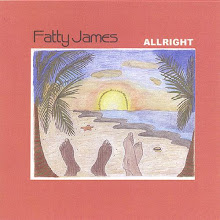

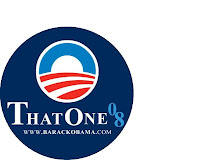
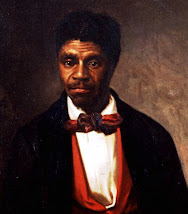
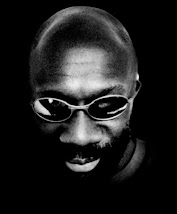
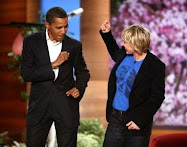
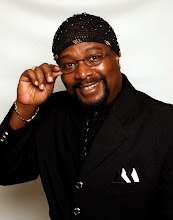

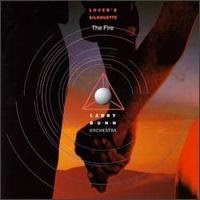
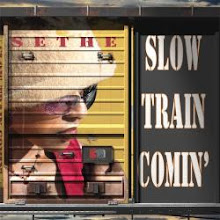
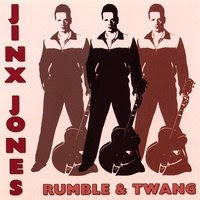


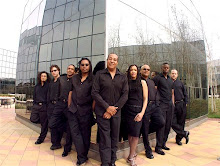
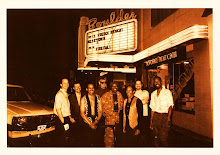
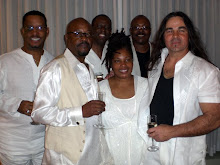

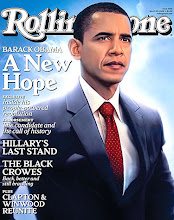






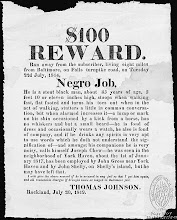


No comments:
Post a Comment